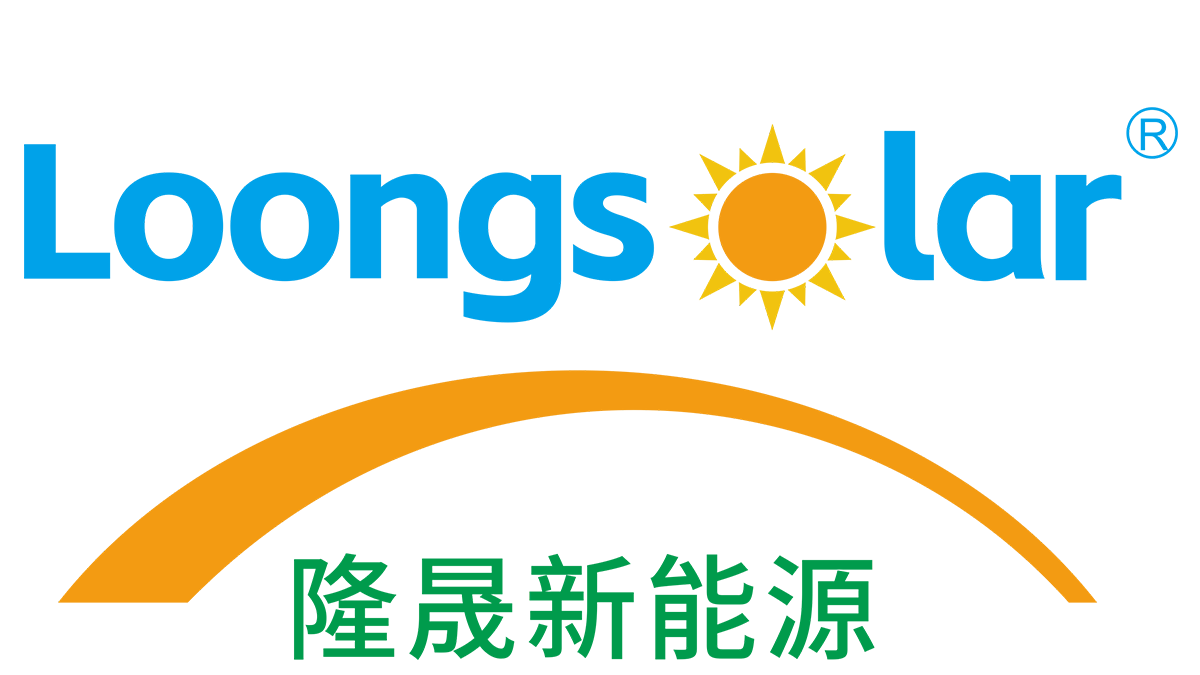The Strategic Role of Solar Mount Manufacturers in Project Success
Custom Engineering for Diverse Solar Installations
Custom engineering plays a crucial role in the success of diverse solar installations by ensuring that tailored solutions meet specific project requirements. Solar mount manufacturers need to develop unique designs and systems that cater to the varied demands of residential, commercial, and utility-scale projects. Each type of installation has distinct needs, and providing bespoke solutions improves performance and efficiency. For instance, residential solar panels for home use might require different mounting setups compared to commercial solar installations that span larger areas.
Advanced software simulations and design tools are instrumental in achieving custom engineering solutions. These technologies facilitate precise modeling and forecasting, allowing for optimal design that enhances the efficiency and effectiveness of solar panel systems. With the ability to simulate various environmental conditions and layout possibilities, solar mounts can be engineered with high precision to ensure maximal solar energy capture and project success.
Site-Specific Design for Solar Panel Systems
Site-specific design is essential for creating effective solar panel systems that account for geographical and environmental considerations. Conducting thorough site assessments allows us to factor in local weather patterns, terrain, and other environmental elements that influence the design and performance of solar installations. For example, regions with heavy snowfall might require different panel angles and durable mounting systems compared to sunnier locales.
Furthermore, compliance with local building codes and regulations is a critical component of site-specific design. These codes ensure that solar installations are safe, durable, and efficient, reflecting local development standards. Solar energy system design must navigate these regulations creatively to optimize project outcomes while adhering to required legal standards and safety protocols.
Collaborative Partnerships with Solar Developers
Collaborative partnerships between solar mount manufacturers and developers are crucial in crafting effective solar solutions. By working closely, manufacturers and developers can pool their expertise to innovate and optimize solar installations. For instance, previous projects that embraced such collaboration often resulted in groundbreaking technologies and systems that enhanced solar energy capture and efficiency.
These partnerships facilitate a shared vision for project success, fostering innovations that benefit both parties. Frequently, statistics and case studies highlight how these collaborations lead to improved technologies, and ultimately, the successful deployment of solar panel systems. By uniting manufacturing expertise with development acumen, we can pave the way for more sustainable and innovative solar solutions that meet the growing demand for renewable energy through solar installations.
Ensuring Quality and Compliance in Solar Installations
Material Testing for Long-Term Durability
When it comes to solar installations, selecting the right materials and ensuring their durability through rigorous testing is crucial. Materials such as glass, silicon, and aluminum are commonly used in solar panel systems, each requiring thorough testing to verify their longevity and performance in diverse conditions. Standards like ASTM and certifications such as ISO are critical in this process to ensure materials can withstand environmental stressors over time. A research study comparing different silicon types found variance in long-term efficiency, emphasizing the importance of material selection. Rigorous testing and verification can dramatically improve the lifespan and reliability of solar panel installations.
Meeting International Standards for Solar Energy Systems
Compliance with international standards is a cornerstone of effective solar energy systems. Organizations such as the International Electrotechnical Commission (IEC) and the American National Standards Institute (ANSI) provide frameworks ensuring that systems meet quality and safety requirements. Manufacturers undergo a comprehensive process, including audits and regular testing, to ensure adherence to these standards. By meeting such criteria, not only do manufacturers uphold industry integrity, but they also offer clients assurance of safety and performance. This compliance opens doors to global markets and builds trust with consumers, solidifying the reputation of their solar installation offerings.
Pre-Installation Site Assessments
Conducting pre-installation site assessments is a vital step in the preparation process for solar panel systems. This begins with evaluating the site's load capacity, orientation, and potential shading issues to optimize energy capture. By addressing these factors early, we mitigate risks and enhance the efficiency of the installation process. Factors such as local climate, structural integrity, and electrical capacity play a significant role in site assessments, ensuring that installations are safe and efficient. These evaluations are crucial for preventing delays and avoiding costly errors during the actual solar installation, ultimately delivering optimal performance of the solar panel system.
Optimizing Supply Chains for Efficient Project Delivery
Strategic Supplier Networks for Solar Components
Establishing strategic supplier networks is crucial for maintaining a seamless supply chain in the solar industry. Successful relationships with suppliers ensure the continuous availability of solar components, significantly impacting project timelines. Techniques for building these networks include selecting reliable suppliers known for quality and consistency and negotiating terms that benefit both parties. For example, maintaining strong supplier connections can lead to shorter lead times and reduced costs. Strategic networks not only enhance project timelines but also contribute to cost efficiency, driving profitability in a competitive market.
Logistics Planning for Large-Scale Solar Farms
Effective logistics planning is vital to the success of large-scale solar farms. This involves considering transportation routes, installation schedules, and site-specific challenges. The logistical hurdles faced can range from remote site access to coordinating numerous shipments. Strategies such as detailed project mapping and leveraging technology can mitigate these challenges. As demonstrated in various case studies, structured logistics planning can considerably improve project outcomes by minimizing delays and optimizing resources, ensuring that solar energy systems are installed efficiently.
Inventory Management for Residential Solar Projects
Effective inventory management plays a key role in reducing costs and waste in residential solar projects. Utilizing the latest technologies, such as real-time tracking systems, allows for precise management of stock levels. These practices not only save time but also align inventory with project needs, preventing overruns. Research shows that well-managed inventories can expedite project completion, adhering to budget constraints and optimizing solar panel installation processes. By integrating modern systems, residential projects can achieve smoother operation timelines and enhanced efficiency.
Case Studies: Collaborative Success in Solar Energy Systems
Commercial Rooftop Solar Panel Installation in Urban Areas
Installing solar panels on commercial rooftops in urban settings presents unique challenges and calls for tailored solutions. Urban areas often struggle with space constraints, intricate building codes, and tangled stakeholder interests. A compelling case is San Antonio's strategy, in collaboration with RMI, where they implemented one of the largest municipal solar projects. By integrating 13 megawatts of solar panels across multiple city structures, they tackled logistical hurdles and yielded significant cost savings. The success of such projects hinges on effective collaboration between stakeholders, including government bodies, solar companies, and residents, ensuring smooth navigation through complex bureaucratic landscapes and fostering a shared commitment to renewable energy adoption.
Residential Solar Solutions for Home Energy Independence
Residential solar projects are pivotal in empowering homeowners towards energy independence, thereby fostering sustainable living. With advancements in technology and innovative design solutions, homeowners can seamlessly adopt solar systems, significantly curbing reliance on conventional power sources. For instance, numerous testimonials from homeowners highlight that integrating solar energy systems in homes not only reduces their energy bills but also enhances energy resilience. Enhanced solar technologies, such as high-efficiency panels and energy storage solutions, support this transition by offering adaptable and efficient options. The rise of residential solar solutions continues to redefine home energy management, aligning closely with the growing demand for self-sustaining residential energy systems.






